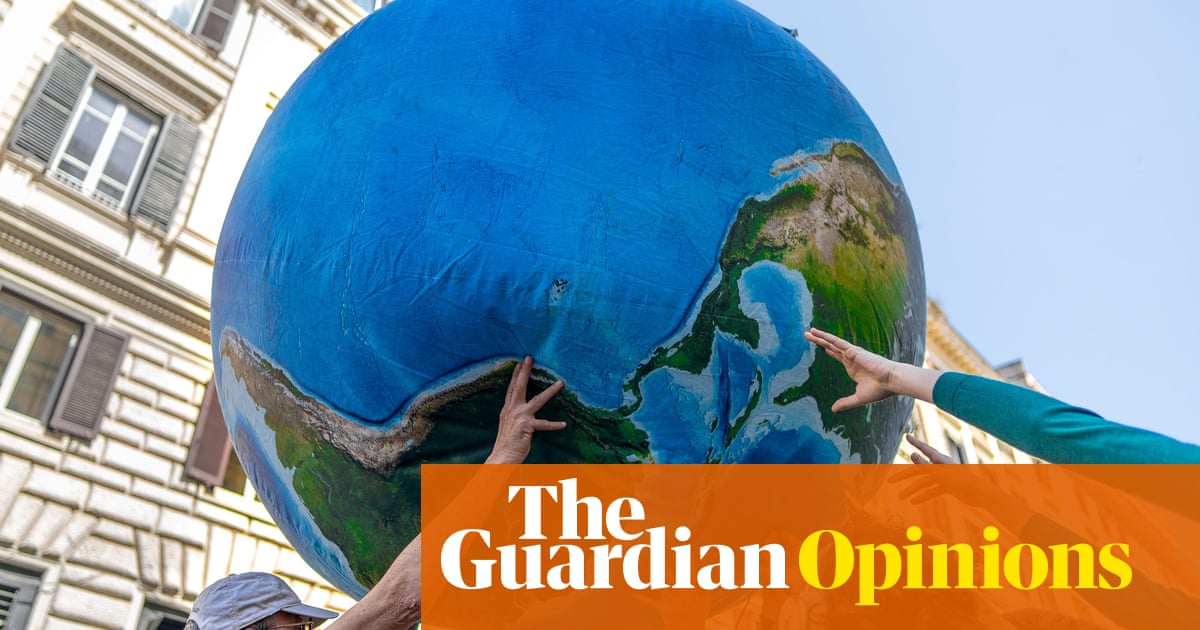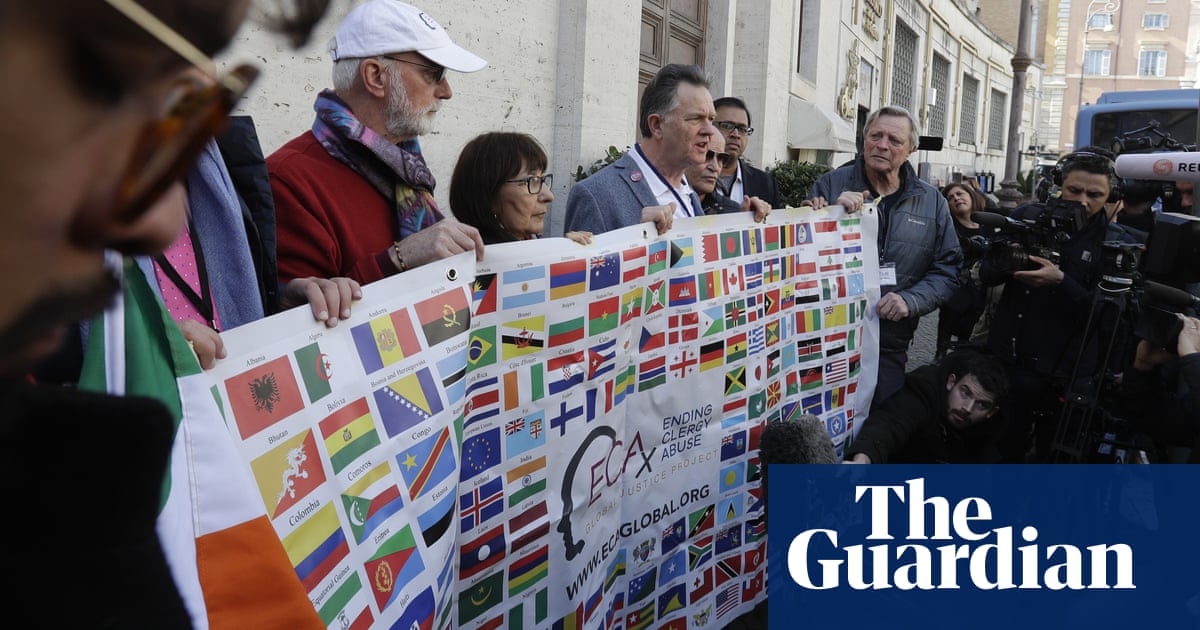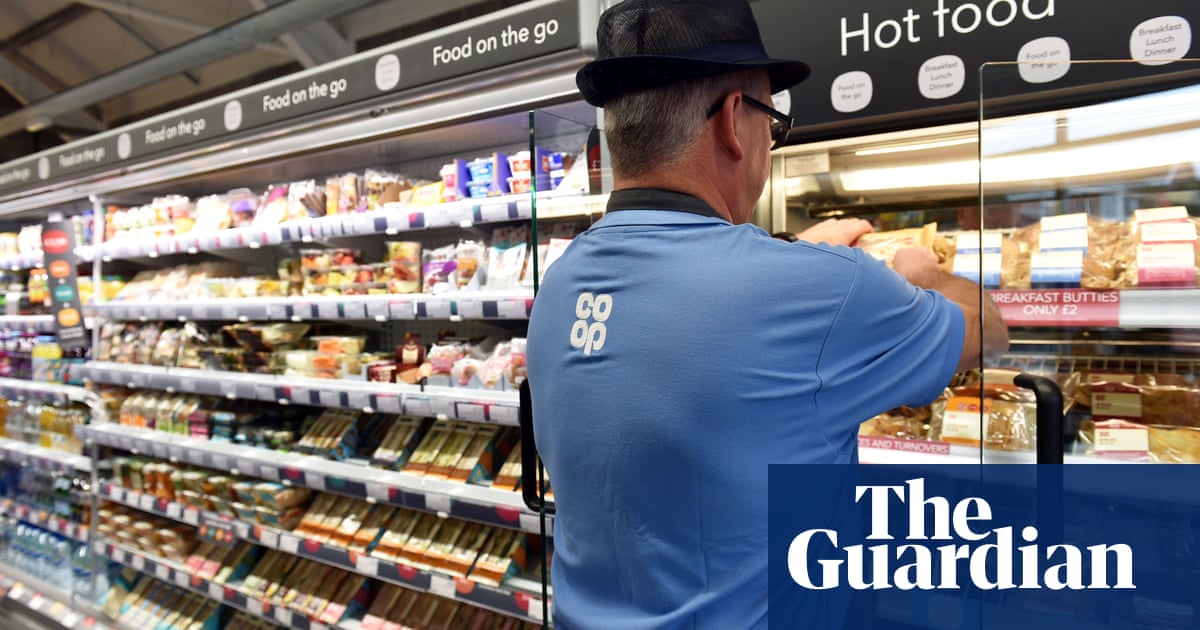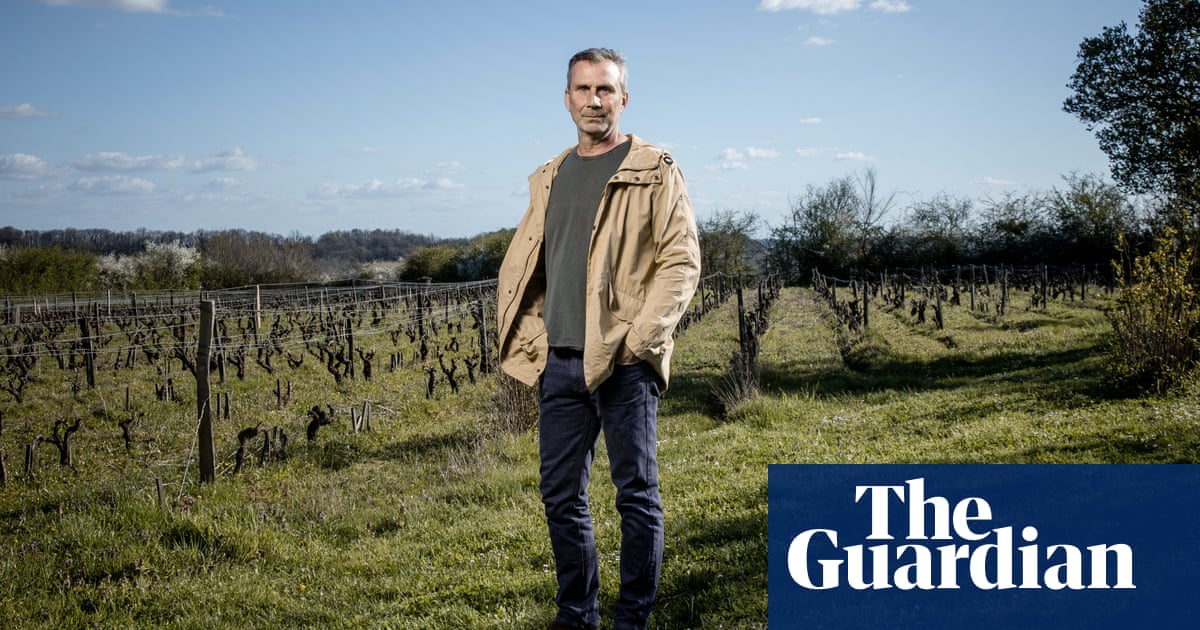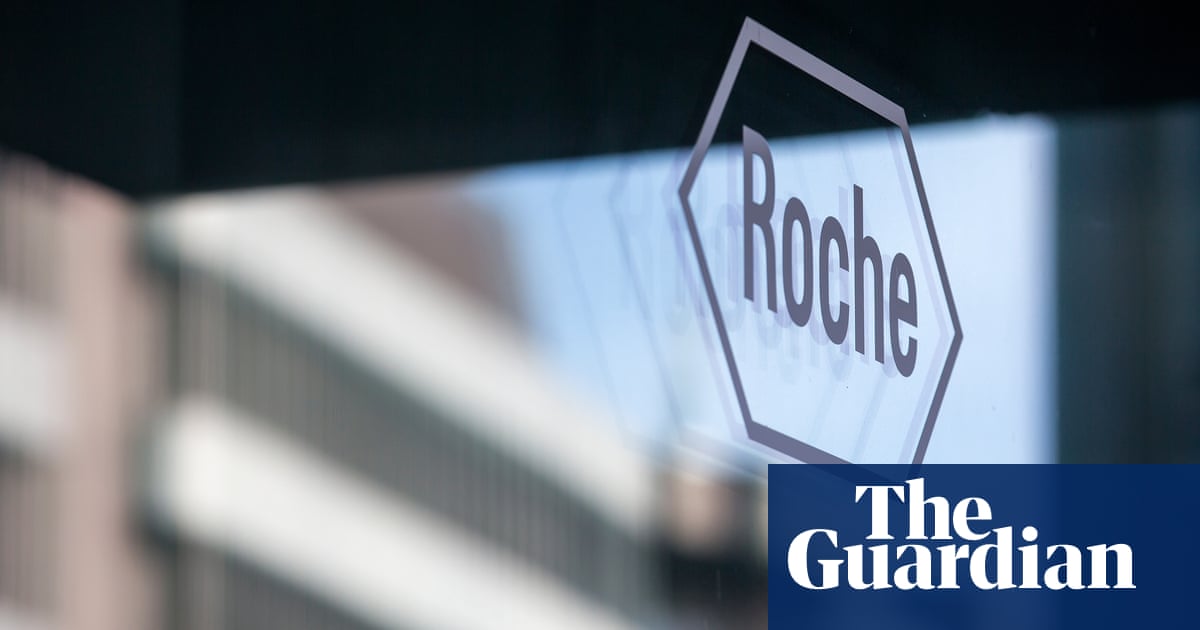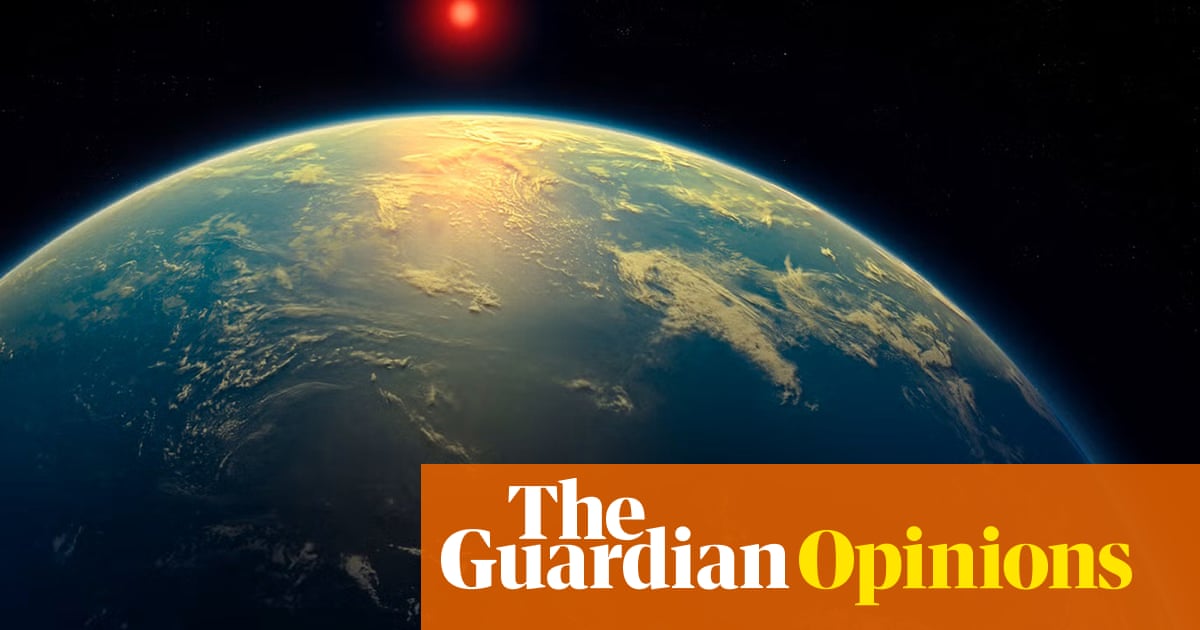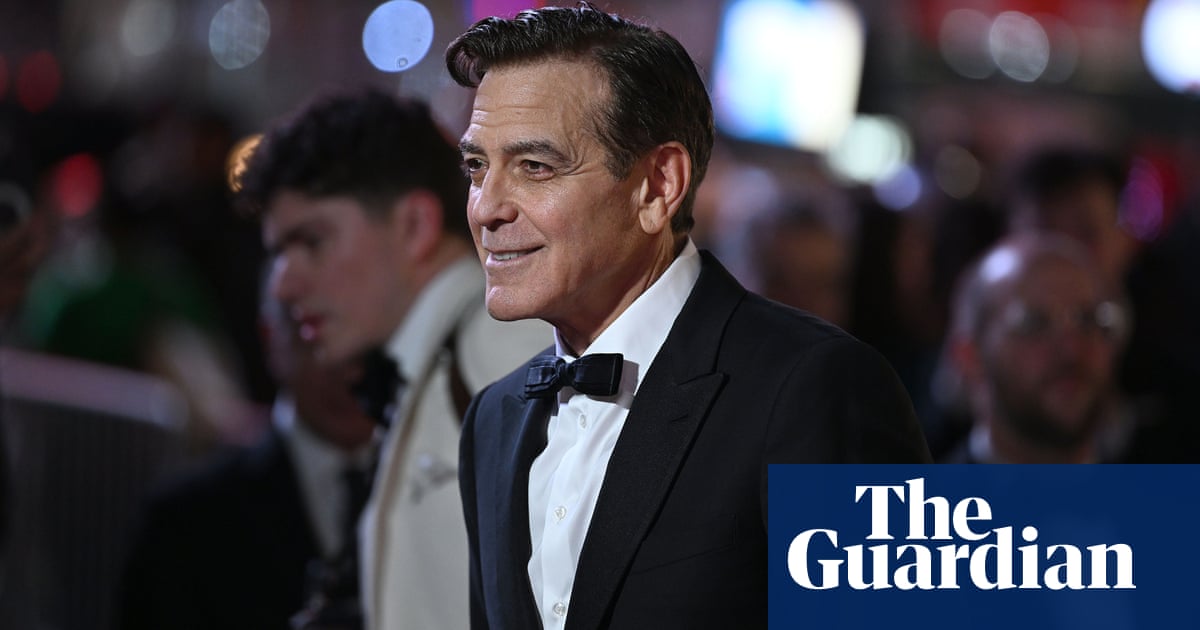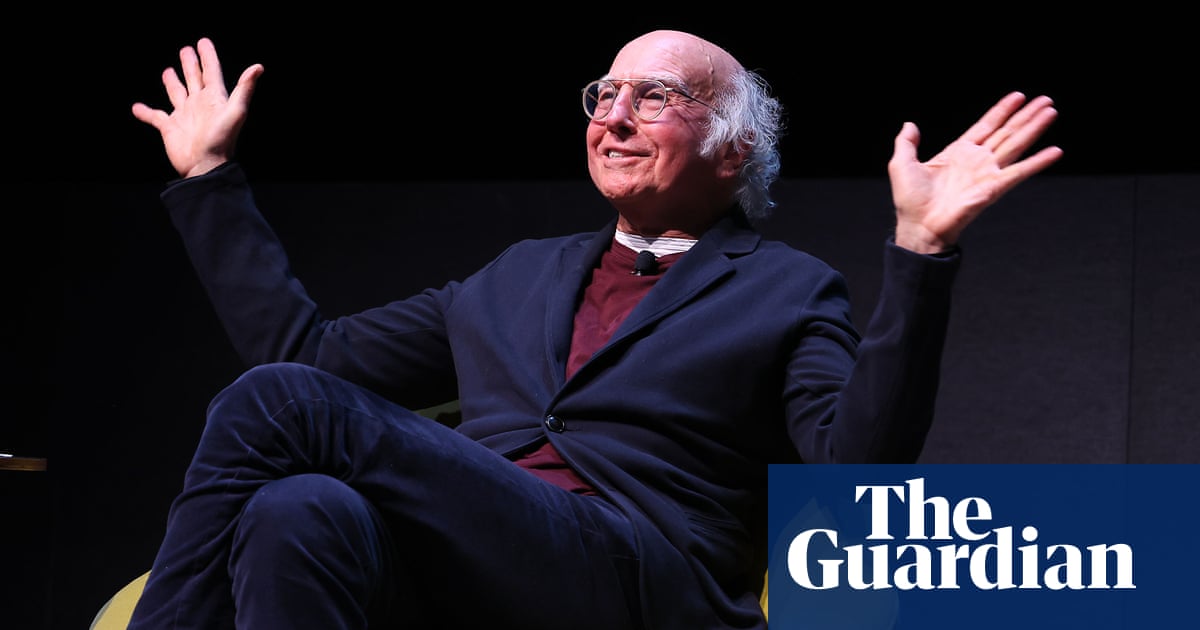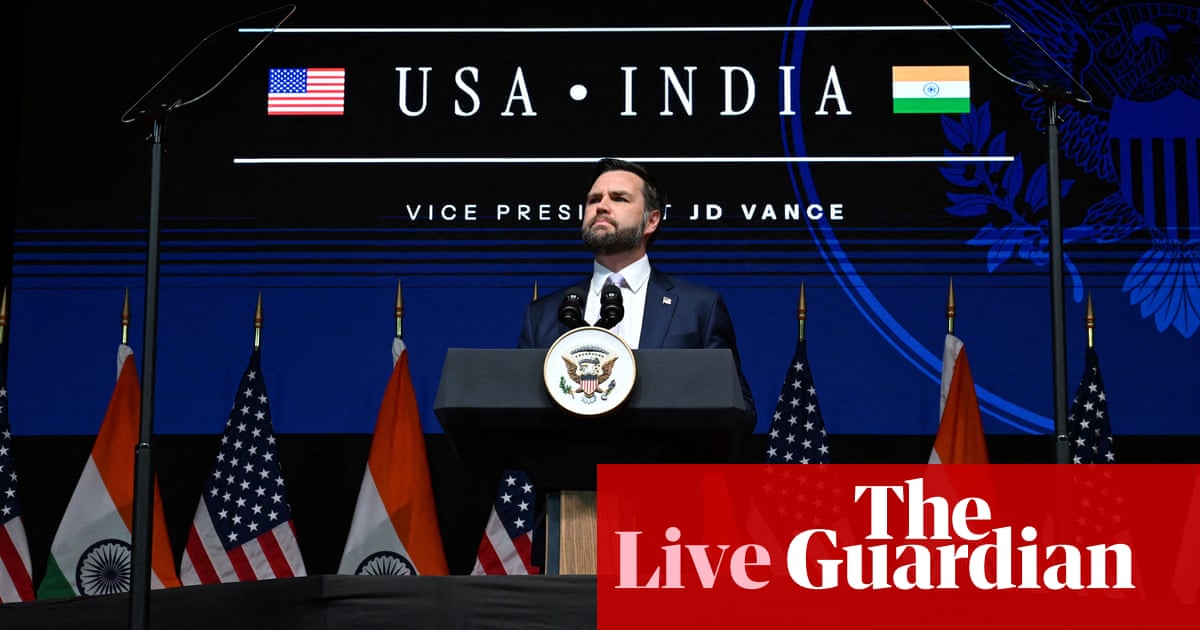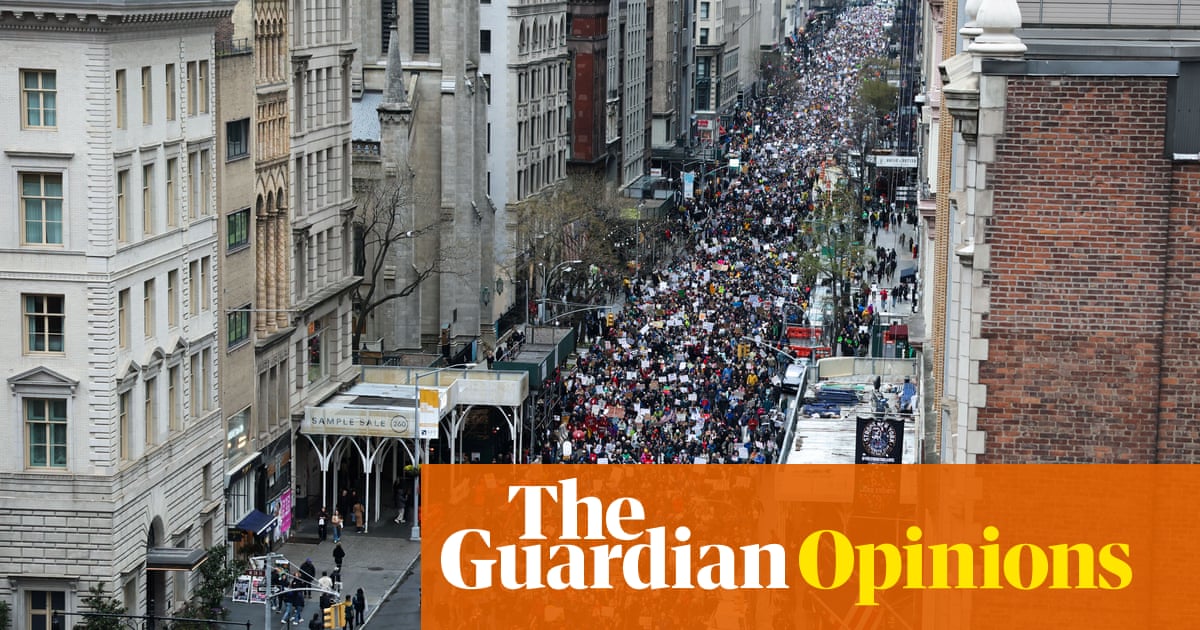The death of Pope Francis will throw into sharp relief the internecine power struggle that has been a hallmark of his papacy.
In the coming days, a ferocious battle for the future of the church will be played out with the highest of stakes within the sanctity of the Sistine Chapel.
There are more than 250 cardinals in total, but those over the age of 80 are ineligible to take part in the conclave. That leaves 135 eligible cardinals, who will begin making their way to Rome in the coming days.
In the 12 years after Francis became pope, he appointed about 110 of those eligible, casting his net wide across the globe. Some Vatican observers have suggested he stacked the conclave in favour of a successor likely to embrace his outlook and continue his work.
The appointments make it “difficult for an ‘anti-Francis’ pope to emerge”, said Iacopo Scaramuzzi, a Vatican journalist with La Repubblica newspaper and author of the book Tango Vaticano. La Chiesa al Tempo di Francesco (Vatican Tango. The Church in the Time of Francis).
“But it doesn’t mean this group is unanimous and cohesive, or that they have the same ideas. Almost all the cardinals he has chosen are pastors from great dioceses around the world.” There were conservatives as well as progressives among them, Scaramuzzi added.
For example, Gerhard Ludwig Müller, a German cardinal Francis appointed, clashed with the late pope on numerous issues, including blasting the decree to allow the blessing of gay couples as “heresy”.
From the moment he was elected, Francis infuriated conservatives and traditionalists with a new style of papacy, a message of compassion and tolerance, and a challenge to centuries of privilege at the helm of the Roman Catholic church.
In his public pronouncements, he championed the poor and marginalised, criticised the impact of global capitalism on people’s lives, demanded action on the climate crisis, urged mercy for sinners, and called for compassion towards migrants and refugees.
In the Vatican itself, Francis cut a very different figure. Where previous popes had favoured red leather slippers and ermine-trimmed capes, he preferred stout shoes and a plain white cassock. While his predecessors had resided in the lavish papal apartment waited on by devoted nuns, Francis chose to live in the simple Santa Marta guesthouse and eat in a self-service cafeteria.
For much of Francis’s papacy, the figurehead for conservatives who opposed him was none other than his immediate predecessor. Benedict had promised to remain “hidden from the world” after vacating the papal throne in 2013 – the first pope to resign in 600 years – but had stayed at the Vatican, holding meetings, giving interviews and writing books and articles – and expressing views sharply at odds with those of Francis.
But the staunch opposition to Francis did not fade after Benedict’s death on New Year’s Eve in 2022, or after the death just 10 days later of the influential cardinal George Pell, who described Francis’ papacy as a “catastrophe” in a memo published under a false name.
Francis occasionally made stinging references to his enemies. In his autobiography, Hope, which published in January, he noted that a clue to the state of mind of his critics was evident in the ostentatious way they dressed. “These ways of dressing up sometimes conceal mental imbalance, emotional deviation, behavioural difficulties, a personal problem that may be exploited,” Francis wrote.
Conservatives were infuriated by his softening of the church’s stance on divorced and remarried Catholics, opening the door to some of them receiving communion. Enraging those who adhered to the doctrine that divorce is a sin, the move prompted a group of conservative clerics to accuse Francis of heresy for that too.
The heresy charge was repeated in a 20-page open letter in 2019, signed by prominent priests and scholars in response to “the accumulating harm caused by Pope Francis’s words and actions over several years, which have given rise to one of the worst crises in the history of the Catholic church”.
Foremost among his critics was the US cardinal Raymond Burke, who has long pushed back against the pope’s stance on gay rights and social justice issues and who, like Müller, aligns with the views of Donald Trump. Francis marginalised Burke, even stripping him of his salary and Vatican-subsidised apartment. But Burke is still popular among conservative Catholic Americans.
Cardinal Robert Sarah emerged as another arch-rival in January 2020 when he published a book, apparently co-authored with Benedict, which defended clerical celibacy at the moment when Francis was considering a relaxation of the rules. The Guinean cardinal has also railed against Islam, migrants, gay people and the role of women.
Several variables will influence the outcome of the conclave, especially world politics.
“Trump, China, nationalists … these are variables that will somehow count,” said Scaramuzzi. “Also, maybe there is a desire for someone more orderly, and less charismatic [than Francis]. Several things can carry weight at the time of the vote, which can either move towards a more progressive or conservative choice.”

 4 hours ago
3
4 hours ago
3
